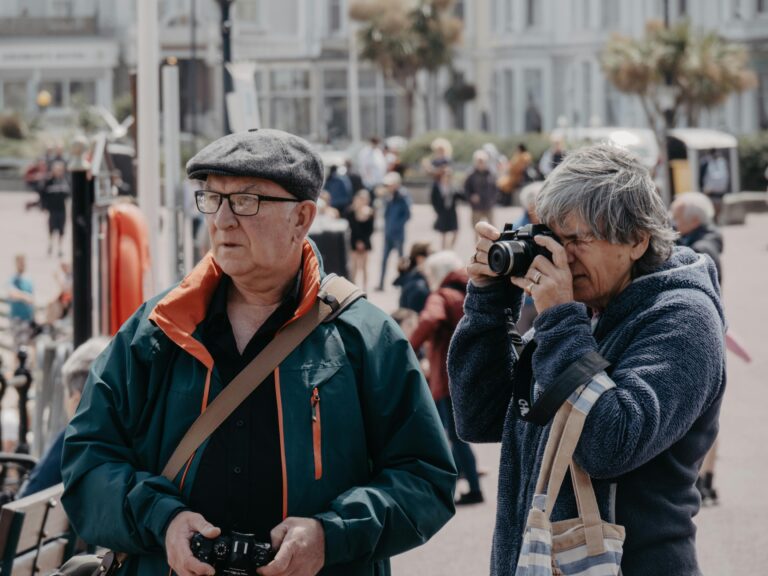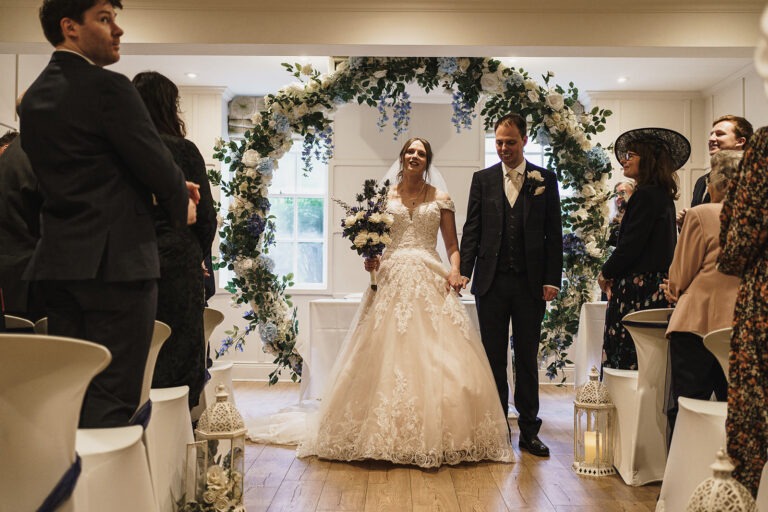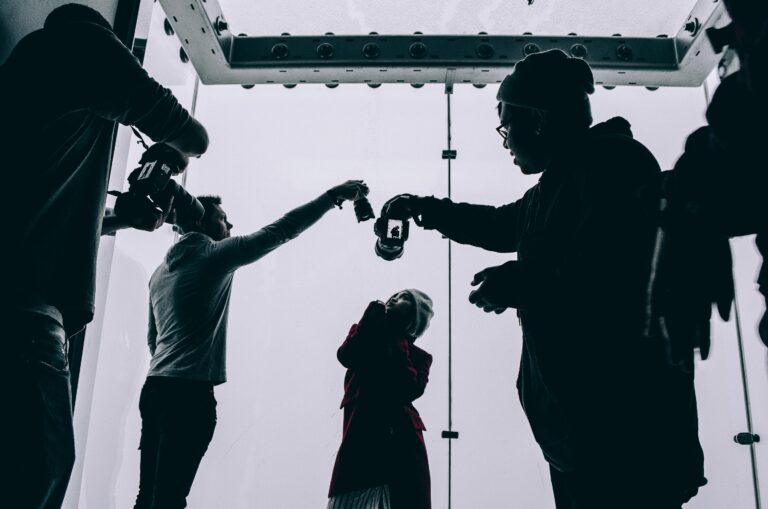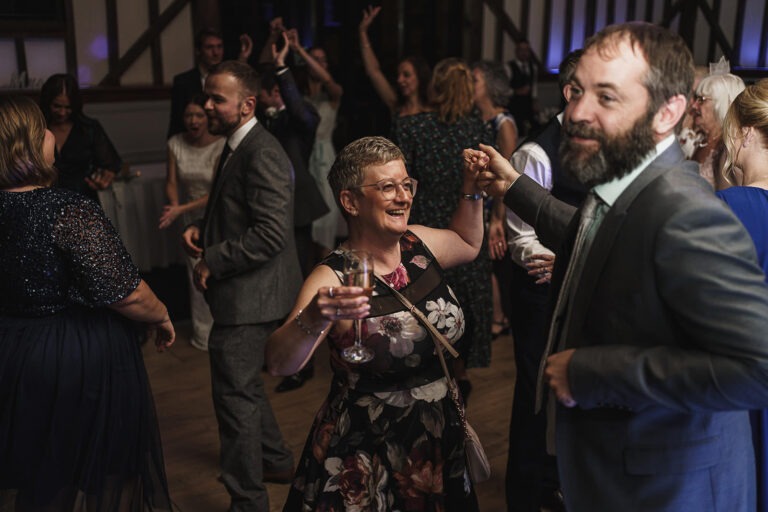Let’s be real—learning photography can feel like an endless rabbit hole. You start out just wanting to take better pictures, and before you know it, you’re drowning in YouTube tutorials, gear reviews, and debates about whether mirrorless cameras are taking over the world. It’s easy to get lost in all that noise. But what if you had someone to help guide you through it all? Someone who’s been in your shoes, made the mistakes, and figured out how to turn photography into a thriving career? That’s where mentorship comes in.
A great mentor can help you cut through the clutter, focus on what actually matters, and avoid years of frustrating trial and error. They can be the difference between spinning your wheels and actually making a name for yourself. So, let’s dive into why mentorship is an absolute game-changer and how you can make the most of it.
How Mentorship Accelerates Growth
Imagine you’re on a road trip. You could rely on a map (or let’s be honest, Google Maps) to get to your destination, but it’s still possible to take a wrong turn and waste hours backtracking. Now imagine having a local in the passenger seat, telling you exactly where to go and which detours are worth taking. That’s what having a mentor is like.
Instead of struggling for years trying to figure things out on your own, a mentor helps you skip a lot of the frustration. They give you real-world experience that no tutorial can teach. Ever tried to negotiate with a difficult client? Handle a last-minute cancellation? Deal with a wedding where the weather just refuses to cooperate? A mentor has been there and done that—and they can tell you exactly how to handle those situations like a pro.
And let’s not forget the confidence boost. Imposter syndrome is real, and it’s easy to doubt yourself, especially when you’re just starting out. But having a mentor who believes in you and gives you honest feedback can make all the difference. Sometimes, you just need someone to say, “Hey, you do have talent—now let’s fine-tune it.”
Stories of Success Through Mentorship
Still not convinced? Let’s talk about some real-life success stories of photographers who went from ‘just getting by’ to ‘absolutely thriving’—all thanks to mentorship.
Case Study 1: From Hobbyist to Full-Time Pro
Meet Lisa. Lisa loved photography but never thought she could actually make a career out of it. She’d take the occasional paid gig but didn’t know how to charge properly, market herself, or attract consistent clients. Enter her mentor—an experienced wedding photographer who had been in the industry for over a decade. Over coffee chats and shadowing on shoots, Lisa learned how to structure her pricing, create a killer portfolio, and develop relationships with clients. A year later? She quit her office job and went full-time. Boom.
Case Study 2: Breaking Into the Industry
Then there’s Daniel. He dreamed of being a fashion photographer but had no idea how to break in. He connected with a mentor who introduced him to industry professionals, helped him refine his portfolio, and even got him his first gig as a second shooter. Instead of wasting years trying to get noticed, Daniel had a fast track into the fashion photography world.
Case Study 3: Learning the Business Side
Emma was a fantastic photographer, but when it came to the business side of things? Not so much. She was constantly undercharging and struggling to find clients. Her mentor—a seasoned commercial photographer—taught her how to price her work, negotiate contracts, and pitch to bigger clients. Fast forward a few months, and Emma had doubled her income and was booking gigs she never thought possible.
Key Lessons Learned from Mentors
So, what exactly can you learn from a mentor? Let’s break it down.
1. Business Strategies That Actually Work
It’s great to know how to take a stunning portrait, but if you don’t know how to sell your work, you’ll struggle. A mentor teaches you the nitty-gritty of running a photography business—pricing, contracts, marketing, and all the stuff they don’t tell you about in photography books.
2. The Power of Networking
Ever heard the saying, “It’s not what you know, it’s who you know”? In photography, that couldn’t be more true. A mentor can introduce you to potential clients, other photographers, and industry insiders who can help you land gigs and build a reputation.
3. Pushing Creative Boundaries
It’s easy to get stuck in your comfort zone. A mentor challenges you to try new techniques, explore different styles, and elevate your work to the next level. Maybe they’ll encourage you to shoot in tricky lighting conditions, experiment with film, or take on a project that scares you. Growth happens outside of your comfort zone.
4. Handling the Tough Stuff
Difficult clients, creative ruts, technical failures—every photographer faces challenges. A mentor gives you real-world advice on how to navigate these obstacles without losing your mind.
How to Maximise the Benefits of a Mentor
Finding a mentor is great, but how do you actually make the most of that relationship? Here are some golden rules:
1. Be Proactive
Your mentor isn’t a mind reader. If you don’t ask questions or seek guidance, you won’t get much out of the experience. Show initiative, ask for feedback, and apply what you learn.
2. Take Action
It’s one thing to hear good advice—it’s another to actually implement it. If your mentor suggests you raise your prices, test a new marketing strategy, or improve your editing workflow, do it.
3. Keep an Open Mind
Sometimes, your mentor will tell you things you don’t want to hear. Maybe your portfolio needs work. Maybe you need to rethink your niche. Instead of getting defensive, see it as an opportunity to improve.
4. Give Back
Mentorship isn’t a one-way street. While your mentor is guiding you, think about how you can contribute. Offer to assist them on shoots, help with their social media, or just express gratitude for their time. And down the road, when you’re established, become a mentor for someone else.
Conclusion: The Lifelong Impact of a Great Mentor
At the end of the day, photography is a lifelong learning process, and a mentor can make all the difference. They help you avoid common mistakes, teach you the business side of things, and give you the confidence to go after your dreams.
If you’re serious about growing as a photographer, finding a mentor might just be the best thing you ever do. And once you’ve made it? Pass it on—because the best way to thank a great mentor is to become one yourself.
Keywords for SEO:
- Photography mentorship benefits
- How mentorship helps photographers
- Finding a photography mentor
- Photography career growth through mentorship
- Why photographers need mentors
- Learning photography from a mentor
- Professional photography mentorship
- How to get a photography mentor
- Photography business mentorship
- Networking for photographers
- Photography coaching and mentorship
- Building a photography career with mentorship
- Best mentorship programs for photographers
- Improving photography skills through mentorship
- How mentoring accelerates photography success
- Photography industry networking
- Learning photography vs having a mentor
- Photography business advice from mentors
- Becoming a successful photographer with mentorship
- Creative growth in photography with mentorship





